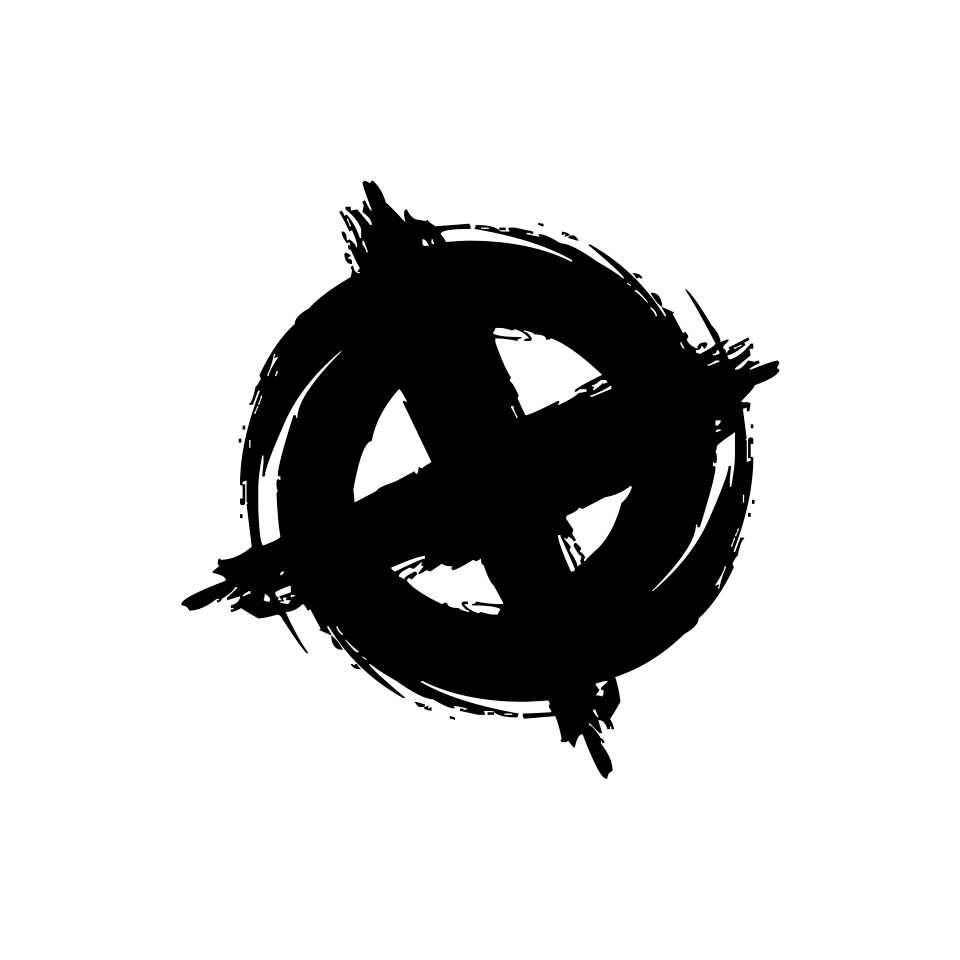ELEMENTAL
I believe we need consequences. I described my original gym as a place where, "You might fall on something and something might fall on you." I wanted people to pay attention at all times, to be present. An occasional reminder of the risks usually focused those whose minds were drifting. It wasn't safe and shouldn't be made so.
Risk and Consequence are highly motivating. Climbing was good for me, especially when I did it without the rope, because the consequences of a mistake kept me very concentrated on the moment, and honest about my own abilities. I was happy to use the so-called "live blade" even in training because I understood the stimulus-response progression and that stress-inoculation was useful at every stage of the process. The consequences were in place to enforce physical law, and as a litmus test for decisions and actions.
Risk and consequences are not merely enforcement but also liberation. Too often we allow our own self image to limit performance. Generally, you cannot perform any better than you believe yourself to be capable of doing. Peers too influence how much or little we believe in ourselves. When confronted by special circumstances, a serious risk or threat, we unconsciously release the brakes we usually engage when we approach a known, past-performance marker.
When I thought, "I can only climb X grade," it was true, but "ground-fall potential" freed me from the concept of grades, of limits, and replaced it with the ability to climb however hard was necessary to survive. Pass that test a few times and the whole world begins to look different.
When I understood this I tried to manipulate it, to use it for egotistical purposes rather than exploring a more subtle and universal application of the idea. That came later, after I quit climbing. Recently, I began to wonder how the experiences that exposed those powerful lessons had become possible in the first place. I reduced it until I discovered the first principles, the elements.
A condition of humility allows one to admit ignorance, to ask questions, and ultimately, to learn. This is the foundation. When one knows a little he imagines he knows everything . When he knows a lot he recognizes how little he knows, empties his cup, and opens himself to knowledge. This cannot happen without humility but on its own humility does not beget accomplishment. That takes hubris.
Hubris, defined as, "exaggerated pride or self-confidence," is considered a flaw, and attracted the wrath of gods in old literature. I see it as a simpler word for confidence which, especially exaggerated, often permits the imagination to conceive challenges that the humble consider impossible. To imagine doing something no one has ever done requires great confidence—or hubris—and executing that task depends on a consistent supply of it.
As with all seemingly-contradictory characteristics, balancing each is essential to survival and growth. Too much humility plants one's feet in the tar, leading to stasis and extinction. In the context of climbing, too much hubris plants one in the ground. An easy, dextrous balance of each, applied, learned from, and reinforced, produces something different: Human. The 119th element.


